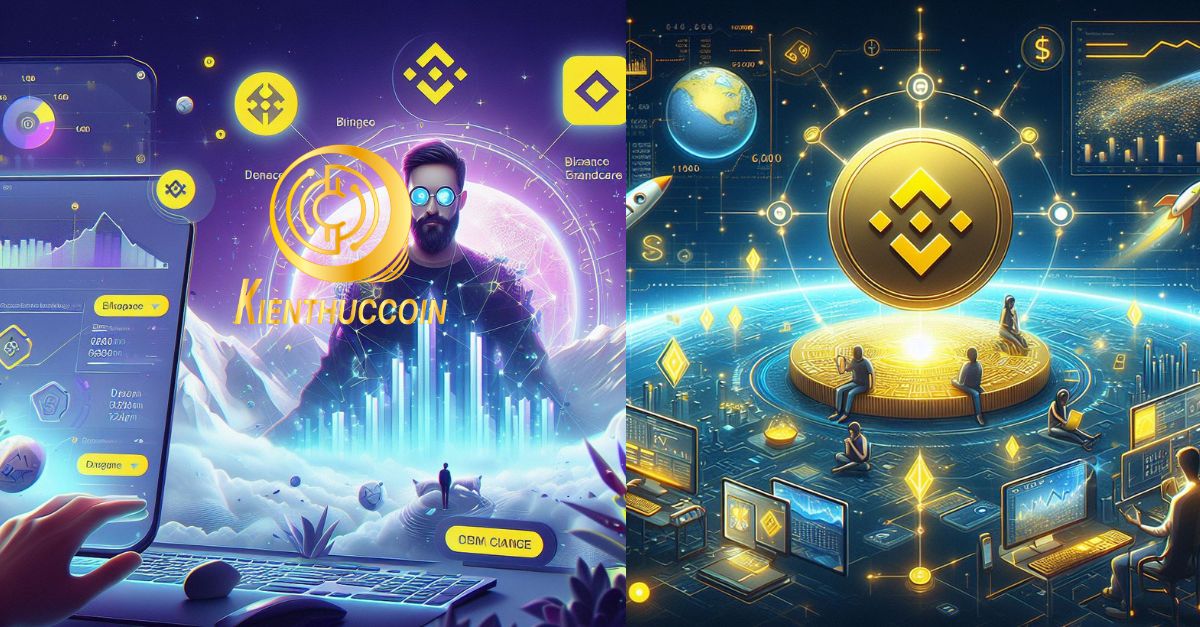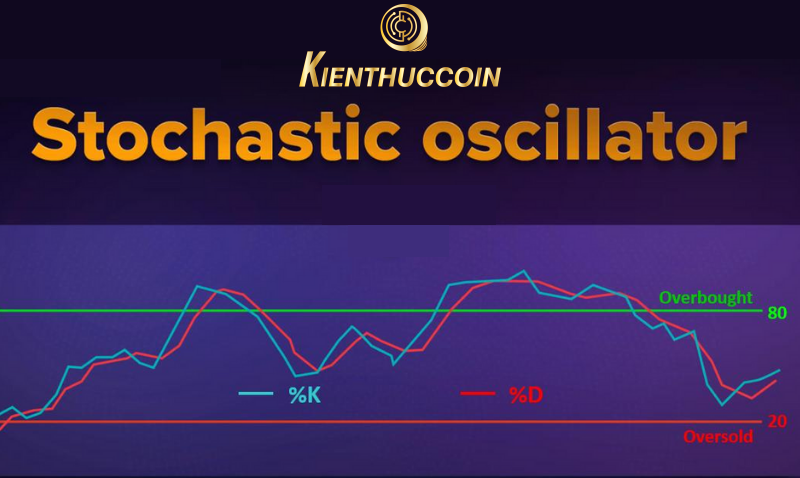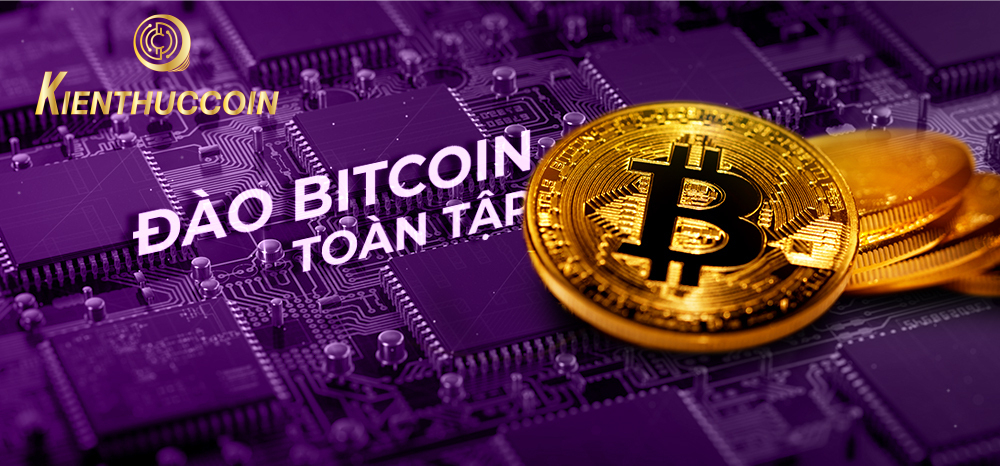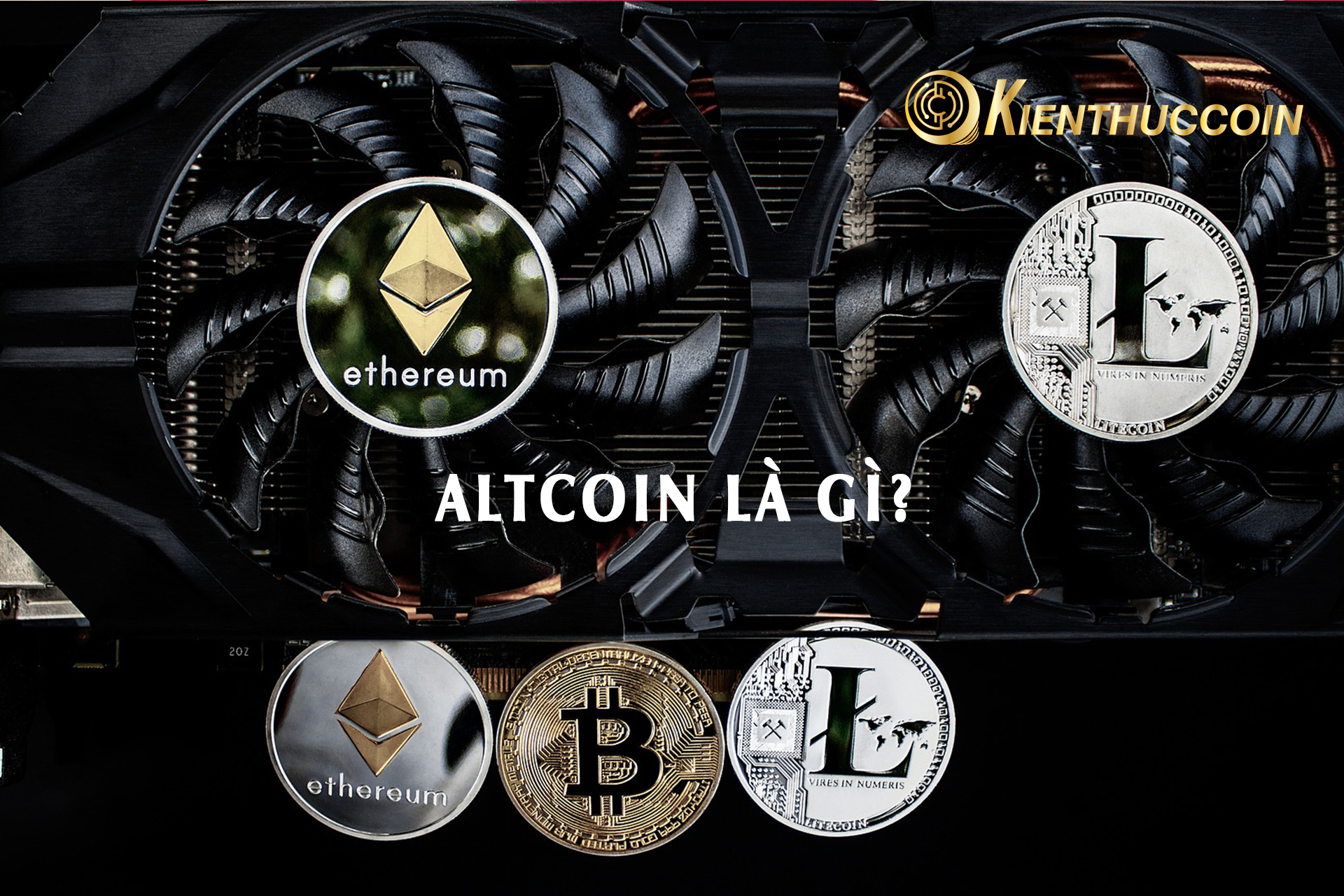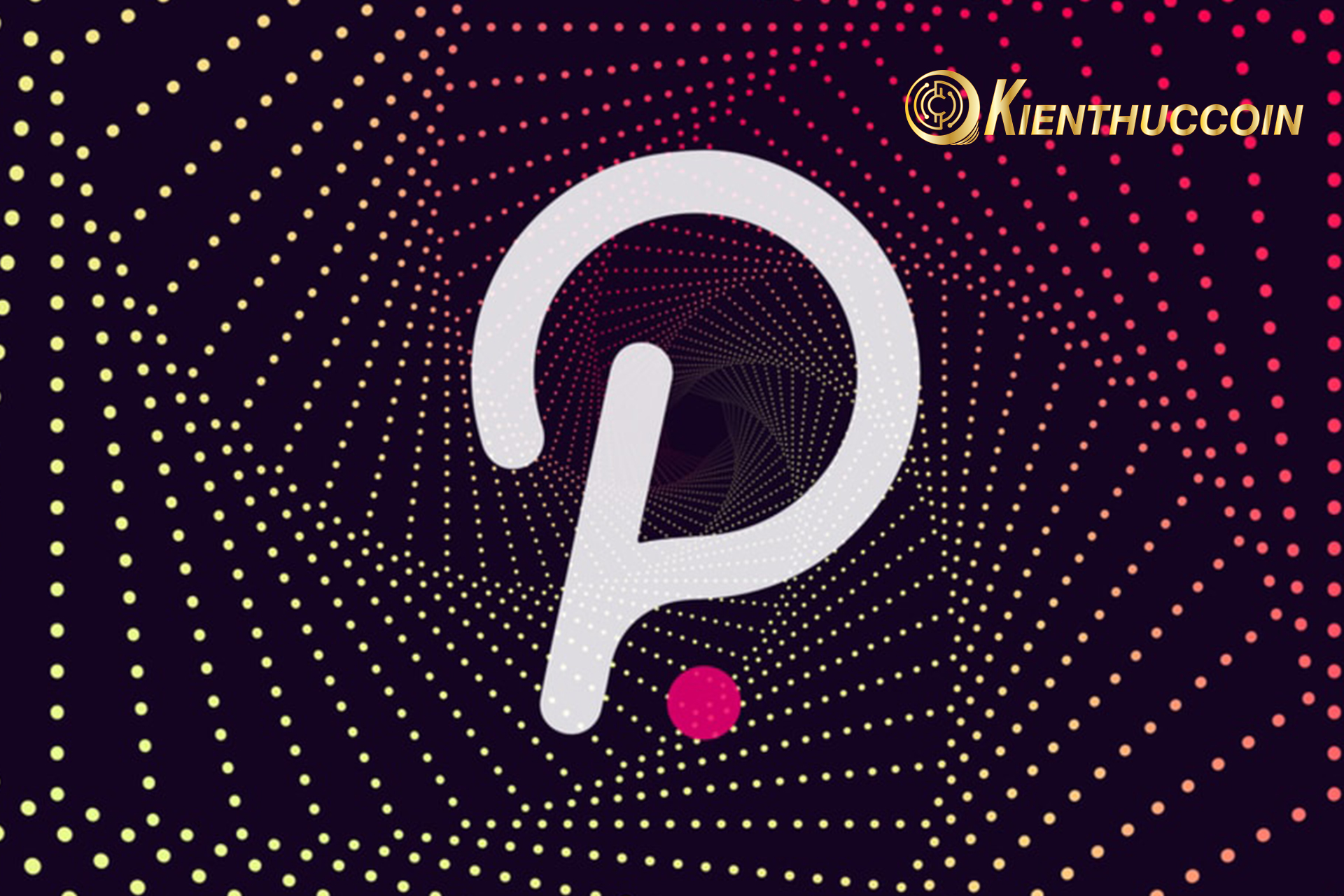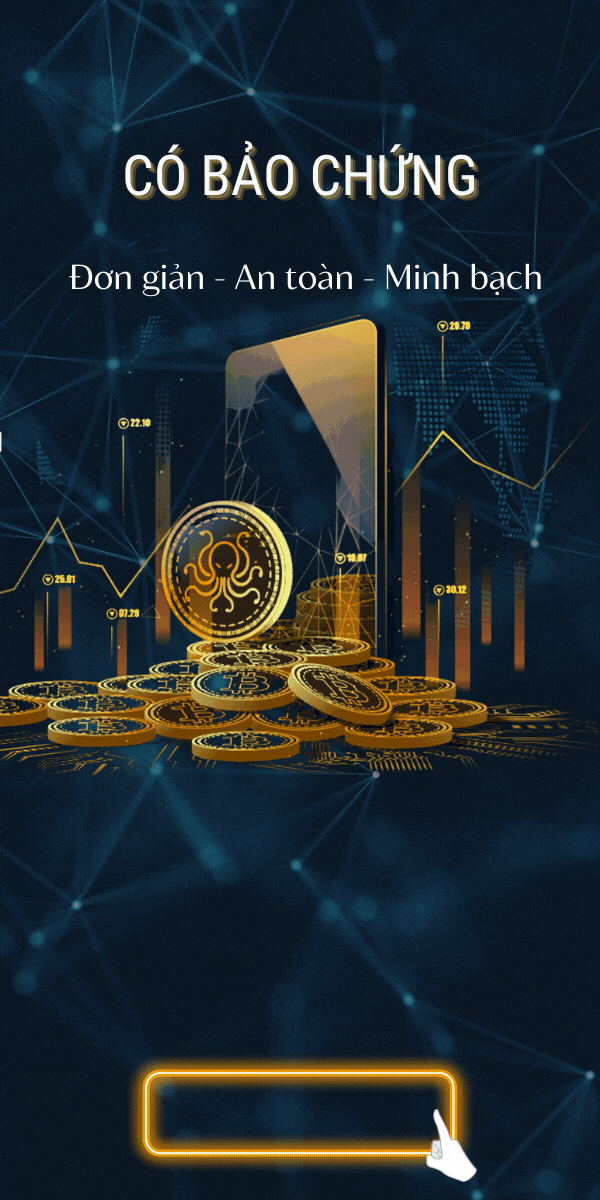Mục lục:
What is a Smart Contract? How does it work, and how does it work? All information about Smart Contract will be provided in the article below; follow along with Kienthuccoin.com!

What is a Smart Contract?
The smart contract is a term that describes a special set of protocols capable of automatically implementing the terms and agreements between the parties in the contract (in this case, computer systems) thanks to the support of Blockchain technology.
The operation of Smart Contract is done automatically, without outside intervention. Therefore, transactions are performed by contracts that ensure transparency, are easy to access, reverse, and are not interfered with by outsiders or third-party intermediaries. The terms in Smart Contracts are equivalent to a legally binding contract written in the programming language.
A smart contract allows two parties to perform the contract correctly, only needing an internet connection, no need for the parties to know each other in advance, no need to meet in person to work together, or a third party intermediary.
Nick Szabo developed a smart Contract in 1993. Nick Szabo outlined the main operating principles, but at that time, there was not enough technology and a suitable environment to realize it. Only then will Blockchain technology, Smart Contract, realize its purpose.
However, it still can't satisfy all the smart contract requirements. Until Ethereum and Smart Contract Ethereum appeared, the idea of smart contracts was popularized to all users.
How do Smart Contracts work?

A smart contract works like a vending machine; the code runs on a pre-programmed distributed system (Blockchain).
The terms in the smart contract are written in a programming language, then encrypted and transferred into a block on the Blockchain. After moving into the block, this Smart Contract will be distributed and replicated by the active nodes on that platform.
Immediately after receiving the deployment order, the contract will be deployed according to the predetermined terms. The smart contract will also automatically check the implementation of the commitments and terms stated in the contract.
Benefits of Smart Contract
A smart contract takes advantage of all the strengths of Blockchain technology and brings significant benefits to users:
- Automation: The contract execution process is an automation mechanism. At the same time, you are the creator of the contract, no longer having to depend on brokers, lawyers, or anyone else, eliminating the risk of any other third party
- No loss: Data is encrypted on a The general ledger should not be lost, extremely secure.
- Safety: Blockchain will ensure the safety of your documents. You will limit hacker attacks.
- Accurate: not only is it faster and cheaper, but contracts avoid common mistakes when writing documents
- Speed: Smart contracts use programming languages software code to automate terms quickly.
- Savings: Saves you tons of money by eliminating go-betweens.
Analyzing the pros and cons of Smart Contracts
Advantages
- Application: Smart Contracts can be used in many fields in the future; some fields that have deployed smart contracts include Cryptocurrencies, logistics, banking, real estate property, election.
- Free: not regulated by any authority
- Transparently secure: no one can change the source code of the smart contract.
- Non-modifiable: once deployed, no one can change the smart contract.
Disadvantages
- Legality: Currently, the laws of many countries do not have a policy to exploit and manage smart contracts, so users are not guaranteed their rights when problems arise.
- Deployment costs: Smart contracts need some money to pay for the infrastructure, computers, and good programmers to deploy.
- Risks from the internet: Smart Contracts are very safe, but if you reveal some sensitive information or are exploited by hackers, you can be hacked.
Necessary elements to create a Smart Contract
- Contract subject: The parties involved in the contract need to authorize the Smart Contract to the products/services listed in the contract to lock or unlock them automatically.
- Electronic signature: Like other contract types, all parties involved in Smart Contract must agree to implement the agreement with private keys (electronic signature).
- Contract terms: The terms in a Smart Contract are a series of activities. And all parties to the contract must sign to accept these terms.
- Decentralized platform: After completing the contract, it will be uploaded to the Blockchain of the corresponding decentralized platform and distributed to the nodes of that platform.
Applications of smart contracts
Smart contracts can be used in many areas of life, such as election, system management, supply chain, medical services, banking, insurance, real estate, etc.
Use for Elections
With smart contracts, there is never any manipulation of election results. Because the ledger protects the votes, that will need to be decrypted, and a strong enough access authority is required to access it.
Use for managers
Thanks to Blockchain, Smart Contract becomes an automatic, transparent, and accurate system.
In 2015, the Trust & Clearing Corporation (DTCC) used a Blockchain ledger to store information about $1,500 trillion worth of securities assets, translating to 345 million transactions.
Logistics (Supply Chain)
A supply chain is a system that spans many different parts. Moreover, it is possible not to know where the cause is when it occurs. This is a lengthy and inefficient process, but with Smart Contracts, the problem will be resolved quickly. Each part of the contract can track the progress of the work to complete the tasks on time, ensuring transparency in the contract terms.
Medical services
When using Smart Contract, the patient's medical record will be encrypted and stored on Blockchain with a private key; only those who have that key can access it to view the records. In addition, surgical bills are stored on the Blockchain and automatically transferred to the insurer.
Conclusion
Above are the sharing about Smart Contract as well as related issues. I hope readers will understand more about Smart Contract through this article.
What are some frequently asked questions about smart contracts?
What is a Smart contract application in crypto?
Essentially, most applications powered by centralized systems can be similarly designed and powered by Smart Contracts on the Blockchain.
A smart contract allows developers to design many different use cases. For example, Cryptocurrency wallets store Coins & Tokens, decentralized exchanges (DEX), games (gaming), NFT, etc…
What's the difference between a smart contract and a traditional contract?
Some of the unique features of traditional contracts include:
– Created by legal experts.
– Compile a large number of documents.
– Requires a third party to execute.
– It takes a long time to negotiate and sign.
– The Contract may have many problems, not transparency.
– It costs a lot and has to rely on the justice system to solve the problem.
The similarity between traditional and smart contracts is that the terms and penalties are clearly stated.
However, smart contracts have differences such as:
– Created by programming languages such as C++, Go, Python, Java on computer systems.
– The entire code is executed by a Blockchain distributed ledger.
– No need for the third party an intermediary
– Ensure transparency and accuracy in enforcement.
When did smart contracts first appear?
Around 1993, Nick Szabo first came up with his own smart contract concept, and it wasn't long after that the concept started to gain more awareness and attention.


